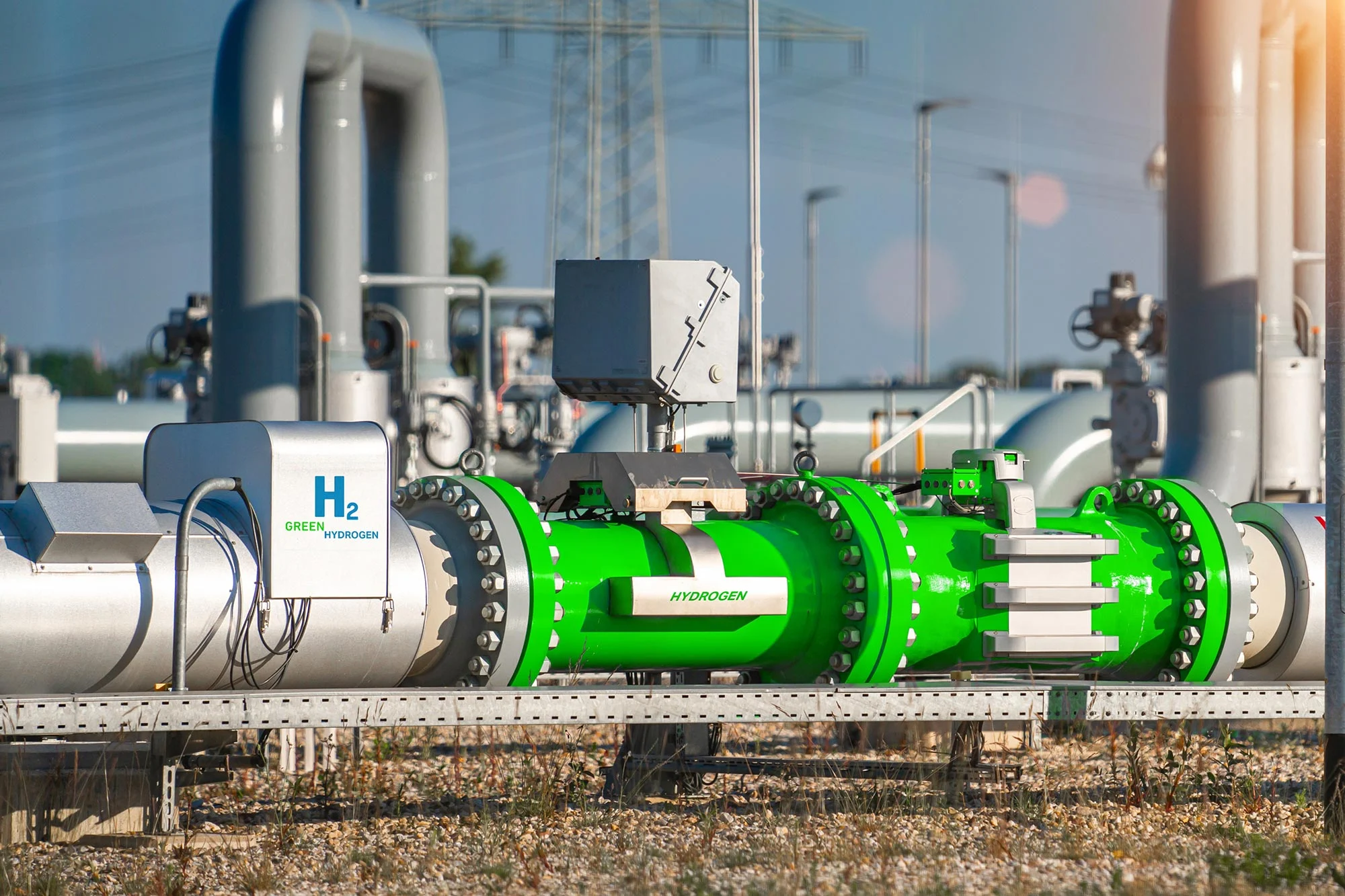Scientists have discovered the ideal geologic conditions that let hydrogen form and accumulate underground, offering a cleaner energy alternative.
A Subterranean Treasure Trove
Imagine a world where our energy needs are met without polluting the atmosphere. Recent scientific discoveries suggest this could be possible, thanks to vast reserves of natural hydrogen hidden deep within the Earth’s crust. These underground hydrogen deposits, formed through geological processes over millions of years, could potentially power our planet for up to 170,000 years.
The Science Behind Natural Hydrogen
What Is Natural or “White” Hydrogen?
Natural hydrogen, also known as “white” or “gold” hydrogen, is generated when water reacts with iron-rich rocks in a process called serpentinisation. This reaction produces hydrogen gas, which can become trapped in underground porous rocks, sealed by impermeable layers that prevent its escape.
Why It Matters for Clean Energy
Unlike traditional hydrogen production methods that rely on fossil fuels and release carbon dioxide, natural hydrogen extraction could provide a cleaner and more sustainable alternative. This could significantly reduce the environmental impact of hydrogen use in energy and industry.
Global Implications and Energy Potential
Powering the Future
Hydrogen is already a $135 billion industry, used in everything from fertilizer production to fuel cells. With the push for global decarbonisation, natural hydrogen could become a game-changing fuel source, reducing reliance on fossil fuels and accelerating the clean energy transition.
Who’s Leading the Research?
Universities like Oxford, Durham, and Toronto are leading efforts to map and analyse these underground reserves. Their work could unlock new technologies and strategies to safely and economically tap into this buried energy source.
Challenges on the Horizon
Locating and Extracting Hydrogen
While the reserves are promising, scientists face challenges in locating accessible and economically viable hydrogen stores. Advanced geological tools and exploration methods will be needed to pinpoint the most productive sites.
Infrastructure and Environmental Considerations
Developing infrastructure for hydrogen extraction, storage, and transportation is essential. Researchers also emphasise the importance of studying the environmental impacts of large-scale hydrogen mining to ensure long-term sustainability.
A New Chapter in Clean Energy
This breakthrough in natural hydrogen discovery could reshape the global energy landscape. As technology advances, tapping into this underground treasure could help meet global energy needs while reducing carbon emissions.










